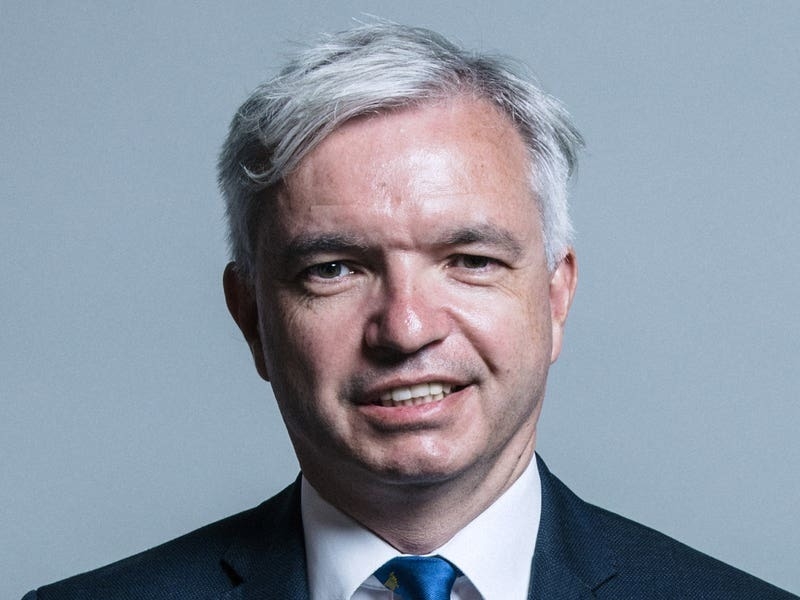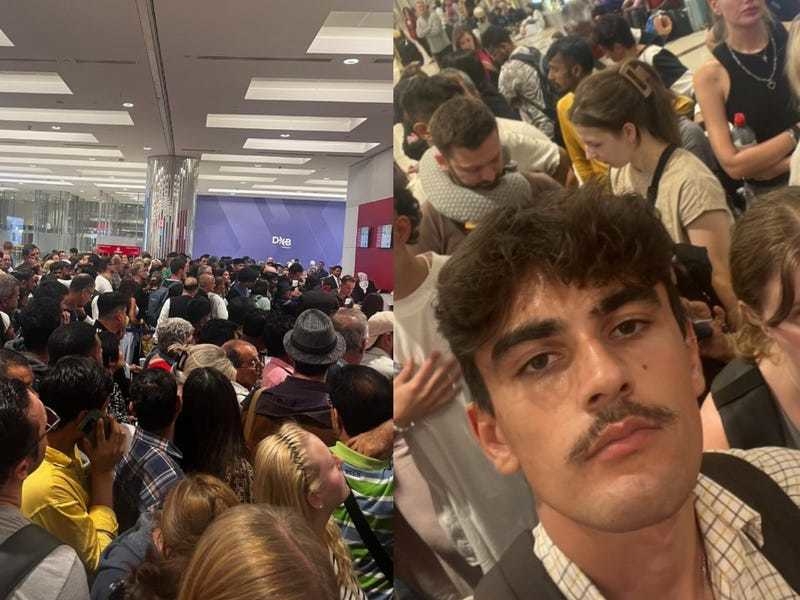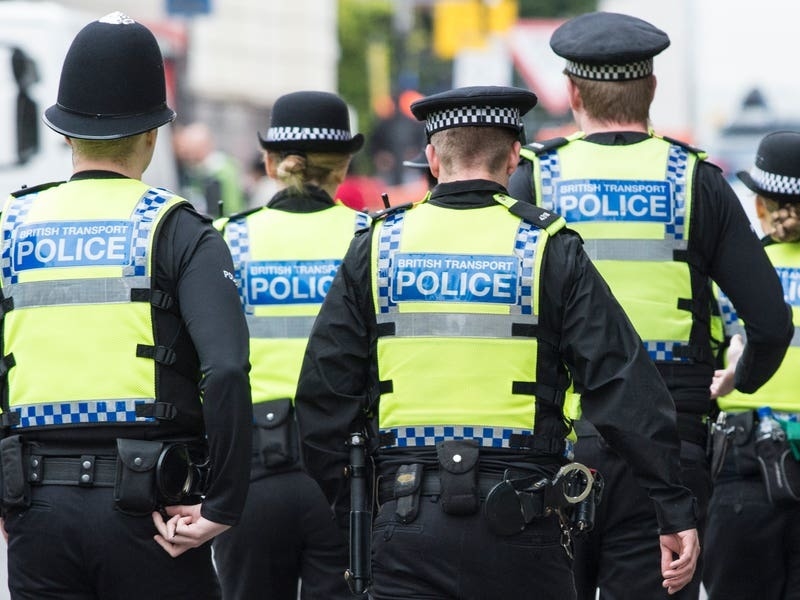The decision for officers to restrain Sheku Bayoh without a medic on scene to help provide medicine meant his “prognosis was very poor”, the country’s leading clinical toxicologist has told an inquiry.
Professor Michael Eddleston, 54, was giving evidence at the inquiry into the trainee gas engineer’s death after he was restrained by multiple police officers in May 2015.
When the father-of-two died he had the drugs MDMA and alpha-PVP in his system and his behaviour was consistent with someone under psychostimulant intoxication, the inquiry previously heard.
On Tuesday, Prof Eddleston told the inquiry that at the time, the 31-year-old was “not understanding what’s going on, he’s fighting against the restraint, and that is going to go on until he is exhausted”.

“It would have been better – I’m not sure how good it would have been, but I think almost as soon as you get medicines into a patient there is a beginning of the process of chemical de-escalation.
“But by going ahead and doing this without that plan in place, the prognosis was very poor.”
The hearing, being held at Edinburgh’s Capital House, was told there was no precise fatal dose range on record for alpha-PVP, but there had been some examples in the past.
Mr Bayoh had 70 micrograms of alpha-PVP present per litre of blood, which the inquiry was told was consistent with but at the “lower range of these case examples”, and that the circumstances of the trainee gas engineer’s death should not be ignored.
“Mr Bayoh was not in a calm situation – he was also restrained,” Prof Eddleston told Laura Thomson, the inquiry’s junior counsel.
“It’s possible because of the restraint he died at a lower dose than would have been expected than if he hadn’t been restrained and had survived, or had died for another reason.”
Mr Bayoh died after he was restrained by around six police officers who were called to Hayfield Road in Kirkcaldy, Fife, on May 3 2015 after reports of Mr Bayoh acting erratically.
The inquiry is investigating the circumstances of the 31-year-old’s death and whether race was a factor.
On Tuesday the inquiry also heard from written evidence, in which Professor Eddleston said that he “considered that the attempt at restraint was naive and that, if Mr Bayoh had been treated as though he had a psychiatric illness, it might have resulted in a different outcome”.
He wrote that while this was not an expert view, he felt it was one which was “valuable” and was based on his day-to-day clinical experiences on his ward.
He told Ms Thomson that the first thing to do would be to assess the situation, to establish what level of danger there was, and if the patient was violent – and if not, to speak to them.
But he told the inquiry if it was unsafe or there was aggression involved then, in the hospital, security and police would be called and physical restraint would be used.
“The problem with physical restraint is it’s basically a dangerous thing to do, and something you try and keep as short as possible,” he said.
“So if that was required because of the situation we would then immediately start drawing up drugs to give either intramuscularly or via a cannula to try and get on top of the situation because the general feeling is the shorter the amount of time someone is restrained, the better the situation.
“That doesn’t mean short restraint is always safe, but it’s safer than one hour of restraint.
“And if someone has a lot of drugs involved and we don’t give them medicines you will have to physically restrain them for a long time.
“So in the hospital you assess the situation and if we can’t use talk to try de-escalate the situation we will very rapidly call in physical restraint, but someone’s drawing up medicines to get on top of them.”
Roddy Dunlop KC, who represents some of the police officers involved, read from Prof Eddleston’s expert report, written in 2017.
“Overall, the situation on that morning was difficult and fast moving. A powerfully built psychotic man had been violent to people and cars. He did not respond to clear police instructions,” the report said.
“Unfortunately, his psychosis prevented him from understanding the situation or the instructions.
“His paranoid thoughts caused him to attack the police, resulting in physical restraint until submission, without the aid of medicines to induce sedation administered by paramedical or medical staff.”
The inquiry, before Lord Bracadale, continues.






